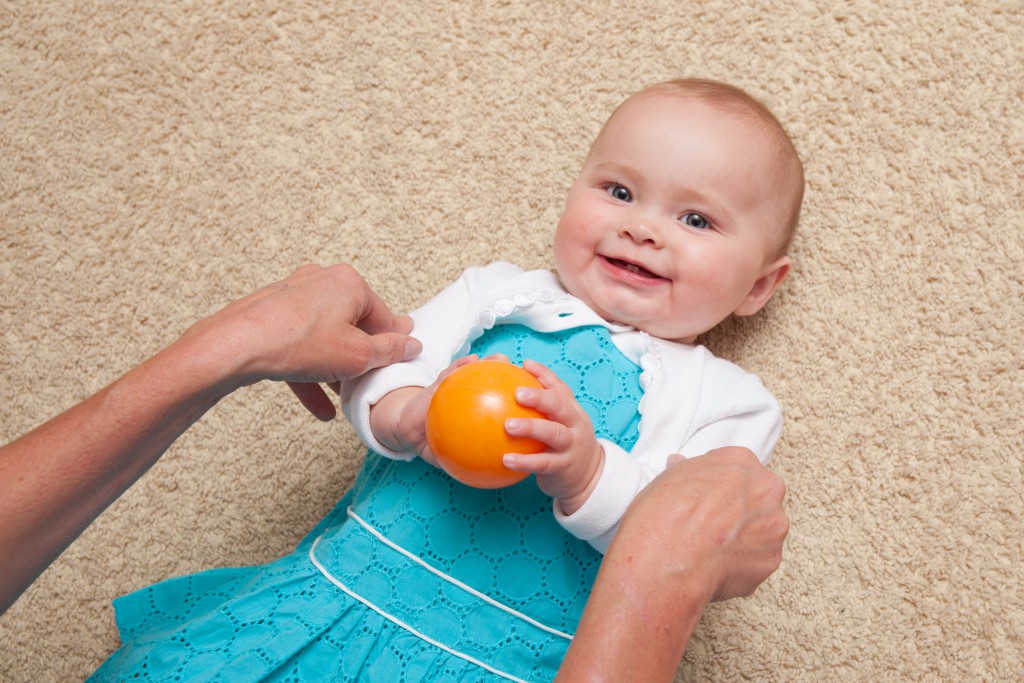
You’ve probably heard that listening to classical music can help students retain the information they’re studying for an upcoming exam. Maybe you listen to music while you work to help you stay focused. But did you know that, in the first year of life, music plays a vital role in cognitive, emotional and social development? Babies who are exposed to music learn and grow in significant, often measurable ways.
Exposure to music reduces anxiety in premature babies
For premature babies, music can be a lifeline. Both passive exposure to music as well as NICU music therapy help reduce stress, reduce pain from any procedures and help these babies maintain a greater state of sedation, promoting healing. In other words, music provides neuroprotection which promotes neurodevelopment.
NICU music therapy includes calm singing or instrumentation and often integrates womb sounds, heartbeats and parents’ voices. Studies indicate premature babies experience slower, more relaxed heart rhythms, greater parent/child bonding and shorter hospital stays, among other benefits.
Exposure to music helps babies recognize patterns
From the moment of birth, babies enter a world full of lights, sounds and other stimuli that they must continually decipher. They do this by subconsciously looking for patterns in their environment that allow them to predict what will happen next.
For example, every time Mom or Dad says “rub-a-dub-dub” and turns on the bathtub faucet, it’s bathtime. Or when Mom or Dad rocks baby in the rocking chair, baby gets sleepy and is put in their crib for a nap. These patterns create familiar, comforting rhythms in baby’s everyday life by helping him or her anticipate and accept bathtime and bedtime.
Music also contains patterns that babies can learn and anticipate.
In a study at the University of Washington, 9-month-old babies attended 12 15-minute play sessions. One group of babies played to waltz music while parents and educators tapped out the beats. In the control group, the babies played without any background music or beat tapping.
After the 12 sessions, researchers measured the babies’ brain waves when exposed to music and speech sounds that contained occasional disruptions. Consequently, babies who participated in the music playgroup showed stronger responses to the disruptions than the babies who participated in the control play group.
This study proved that exposing babies to music helps improve their ability to recognize patterns—a precursor to understanding language and learning to talk.
Because music provides babies with this building block of language, healthy babies who regularly experience music generally learn language earlier than their peers.
Kindermusik classes help your baby grow!
When you and your baby participate in one of our Kindermusik® classes, you play together by engaging in songs, instruments and dance. This shared experience helps you and your child bond—one of the most important developmental aspects of your child’s first year of life.
In our small classes, your baby will learn and grow alongside familiar faces. When you and your baby share in this fun, engaging musical experience week after week with other parents and babies, you lay a foundation for positive social interaction.
All the while, pattern recognition skills that develop while engaging in a musical environment promote comfort, security and language development.
Do you want to introduce your child to music in a gentle environment filled with bonding, movement, play and socialization? Learn more about our Kindermusik classes or register here. Experience the power of music and watch your child thrive!
